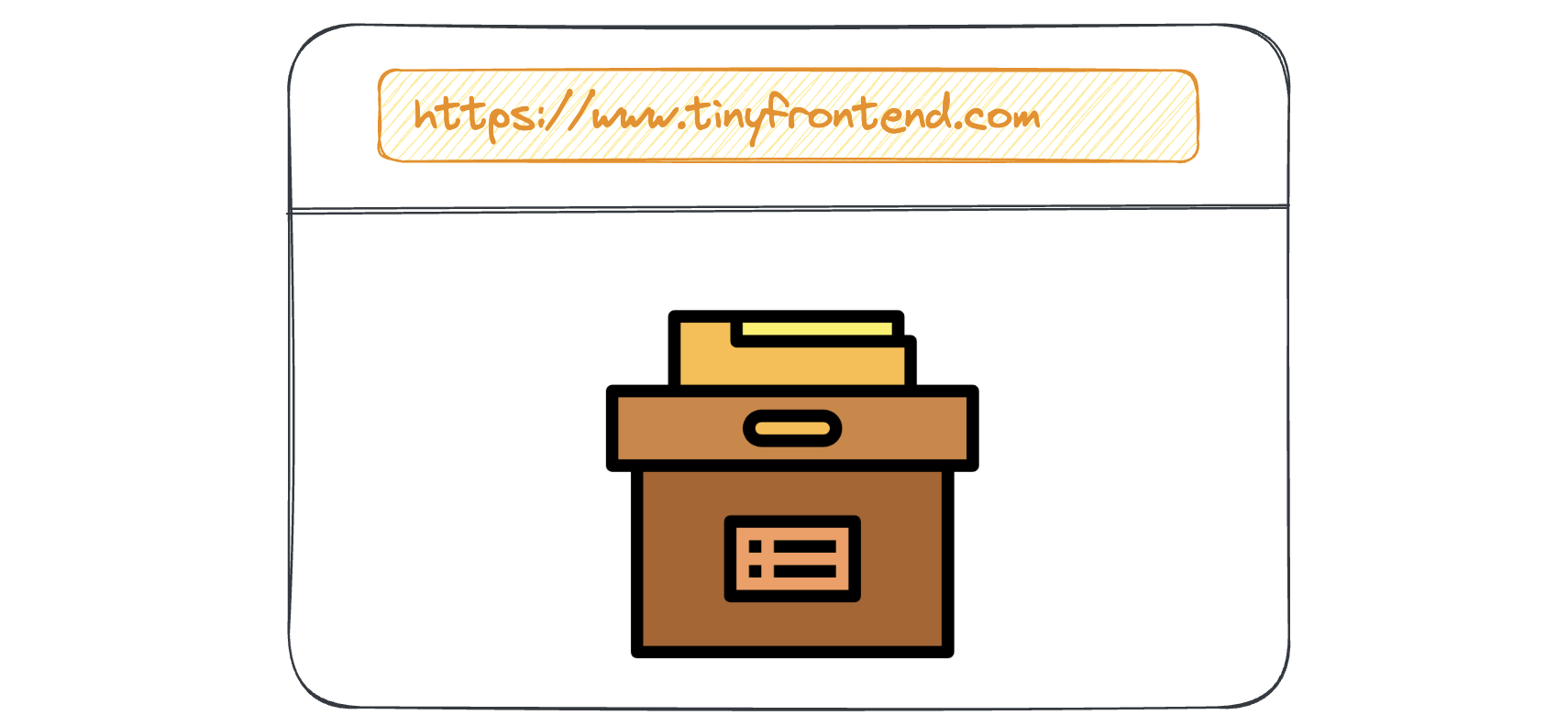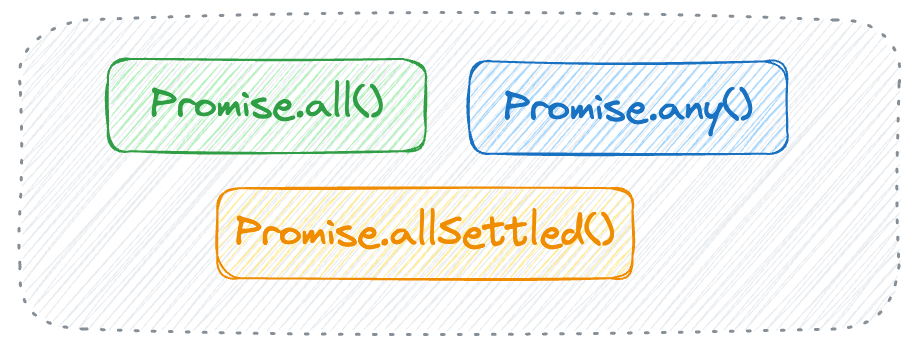JavaScript: Session Storage
As a frontend developer, understanding how to store data on the client side is crucial. In this article, we’ll delve into the world of web storage, specifically focusing on session storage. Let’s explore what it is, how it works, and when to use it.

What is Session Storage?
Session storage is one of the two main types of web storage available in modern browsers (the other being local storage). It allows you to store data in key-value pairs directly within the user’s browser. Session storage data remains local and is accessible only during the current browser session.
Key Characteristics
Scope
Data stored in session storage is limited to the current tab or window. If the user opens a new tab or window, a separate session storage instance is created.
Lifetime
Session storage persists only for the duration of the browser session. When the user closes the tab or window, the data is automatically cleared.
Storage Limit
Session storage typically allows around 5MB of data per app. This capacity is sufficient for most use cases within a single session.





